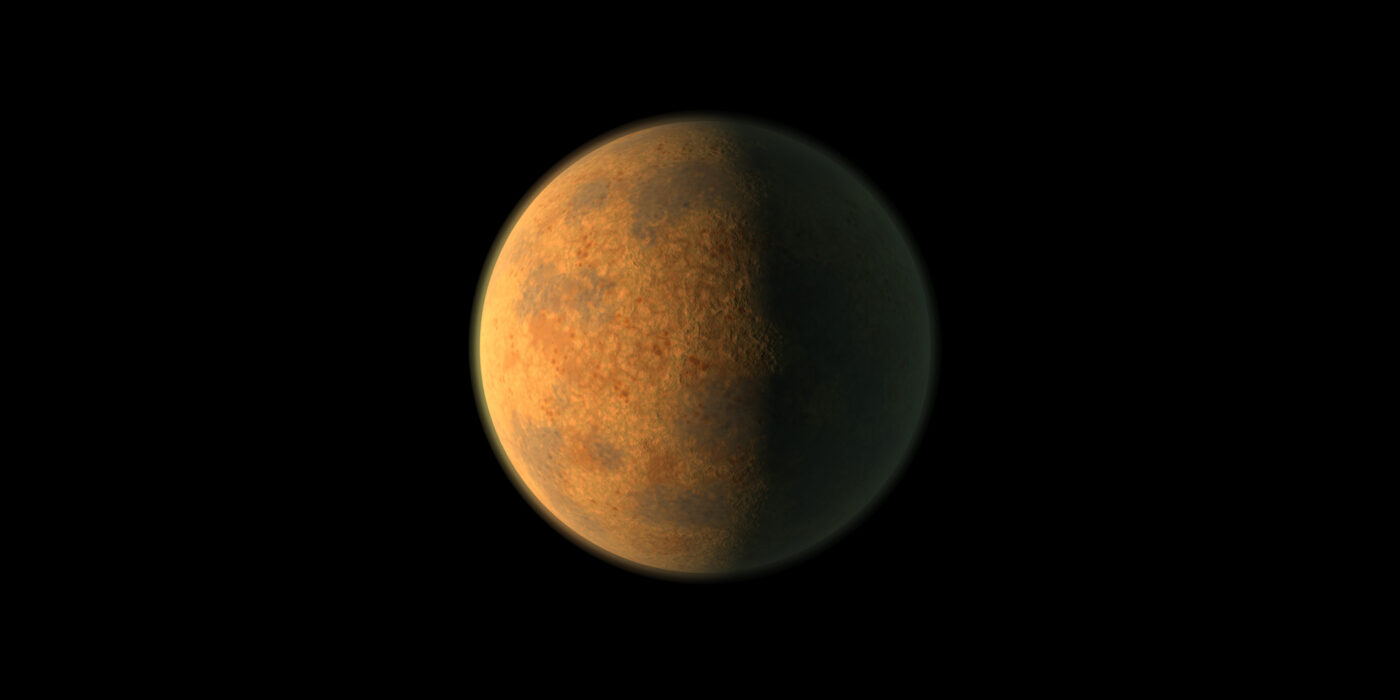Planets with an eggshell
ou open the airlock door. Your first step onto the surface of a new planet! It is hot, but your spacesuit protects you. A thin layer of clouds hides the sun. But something is wrong. You climb down the ladder. What is it? You spin around your axis. Wherever you look, the horizon is the same distance away. This planet has no elevations at all. It is as if you are standing on the outside of an eggshell.
Such planets probably really exist. “Eggshell planets,” a recent study shows, are to be expected in a solar system under certain circumstances. And since our universe is so large, those circumstances almost certainly exist somewhere out there. They may even exist among the more than 4000 exoplanets already discovered.
Planets have certain properties, such as their size, their internal temperature, and the materials they are made of. Other properties depend more on the planet’s environment, such as how far it is from the Sun. “We know from published work that there are exoplanets where conditions are more extreme than in our solar system. They may be closer to their star, or they may be much larger or have hotter surfaces than the planets we see in our own system,” said planetary scientist Paul Byrne of Washington University in St. Louis. He and his collaborators wanted to determine which planetary and stellar parameters play the most important role in determining the thickness of a planet’s outer brittle layer, called the lithosphere.
This thickness helps determine whether a planet can support high topography such as mountains, for example, or has the right balance of rigidity and flexibility to allow one part of the surface to sink or subduct beneath another – the hallmark of plate tectonics. This process helps Earth regulate its temperature over geologic time and is the reason plate tectonics is considered an important component of a planet’s habitability. Therefore, an eggshell planet is more likely not to be habitable. If you had known this beforehand, you might not have started your long journey to this planet.
